Looking to add value to your property? These are the two most important rooms in any house or flat. Find out where to put your money to attract tenants and buyers.
To maximise yields and minimise voids, it’s important for your property to appeal to tenants – both in person and in the all-important online photos.
Kitchens and bathrooms are definitely the two rooms in your house that carry the most weight with tenants and buyers. In the rest of your property you can rely on touching up paint, decluttering and some clever staging but it’s worth spicing up kitchens and bathrooms to grab tenant and buyer attention.
A newly renovated kitchen and bathroom can boost the value of your property as well as make it more attractive to tenants. New flooring, a fresh coat of paint, new door handles, window furnishings and light fittings can also make these rooms look appealing and new, without costing a fortune. The goal is to make them look great without wasting money or over-investing.
Bathrooms
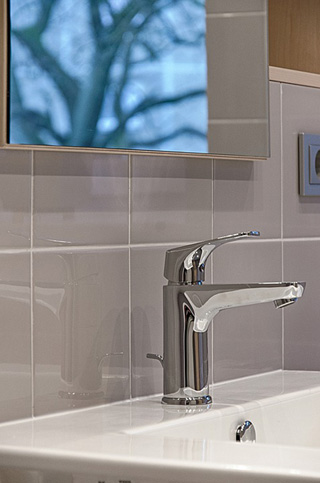
Whether you’re looking to rent out your property or flip it quickly and move on, rest assured tenants and buyers will be looking closely at the quality of the bathroom. Updating bathrooms is a key way to getting better tenants and higher sale prices.
Bathroom suites can come quite cheap these days, so you don’t need to spend too much but they do need to be done well. In the bathroom, keeping it basic is essential. New fittings and fixtures will help it look modern, as well as ensuring that they are working well. Tenants do not like dripping taps or leaking showers!
If you don’t have space for a bath and a separate shower, the best option is to install a shower over the bath, either an electric one or one that’s attached to the bath’s mixer tap. You might be tempted to get rid of the bath altogether and go for a large, walk-in shower, which would certainly appeal to a lot of renters. Most people prefer showers these days and many tenants won’t miss the bath. However, if you don’t have a bath you could be limiting your market. A bath is ideal for families and a shower over the bath is a handy space saving option that can make life easier with young children.
If you’re thinking of fitting a separate shower, a fully sealed enclosed unit is good if it’s for a rental and have it installed by a professional shower fitter. Installing a ventilation fan is a great idea if the property doesn’t have one installed as this will help reduce the growth or mildew and mould.
Using a heated towel rail with a timer is another good idea that can help keep moisture at bay.
Kitchens
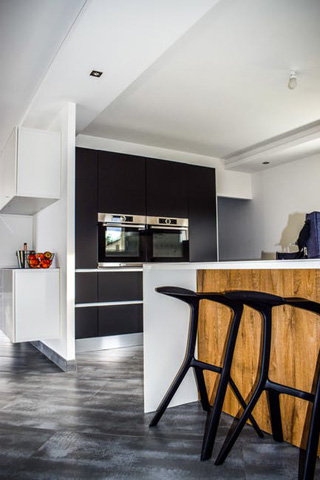
These days, most tenants are looking for modern up-to-date properties with contemporary kitchens although some will prefer the more older styles. Either way, tenants will still expect high standards.
A kitchen that is easy to keep clean is a must in any rental home. Quality, functioning appliances are essential. Renters don’t expect to have all the latest technology on the market but they do want appliances they can easily keep clean and tidy, and that are reliable – especially when it comes to ovens and dishwashers.
Modern appliances can save you money in the long run as they will require less maintenance. If you don’t already have a dishwasher, it’s worth adding one as this will automatically increase the appeal of your property.
It doesn’t have to cost the earth to refurbish a kitchen and have it looking almost brand new. A kitchen renovation doesn’t have to include all new cabinetry, there are plenty of other ways to spruce it up, sometimes just a quick update can work wonders. Get all the doors and cupboards painted (whatever you do, stick to neutral colours) and replace the handles and knobs for a simple new look. New taps are also a plus.
If your budget doesn’t stretch to a tiled floor, try vinyl flooring. Vinyl is cheap, easy to fit and easy to clean – as well as being water resistant. Needless to say, carpets are a no-no in a kitchen.
Finally, invest in a good extractor fan or cooker hood and advise your tenants to use it every time they cook, to wick away steam and condensation. As always, any gas appliances will need fitting by a Gas Safe registered engineer and will need an annual safety check.
For more essential advice for landlords, check out The Landlord Link blog.
If you’re looking to buy a rental property or sell one of the properties in your portfolio then join thousands of other landlords for free on The Landlord Link.




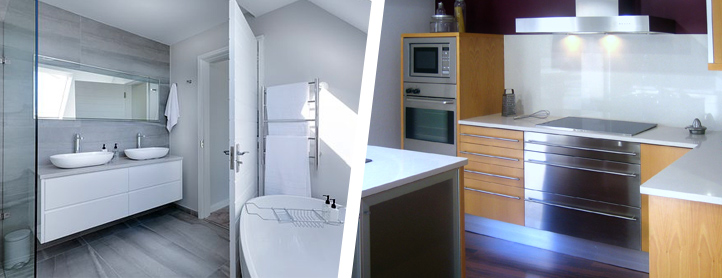
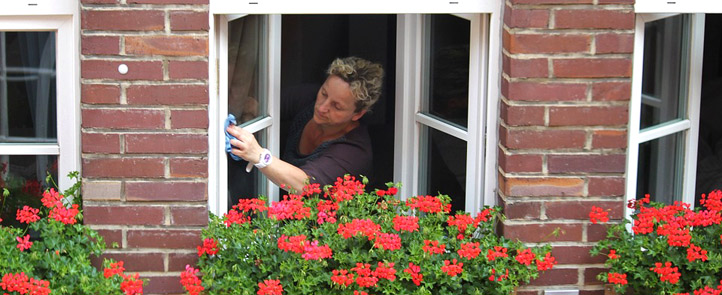





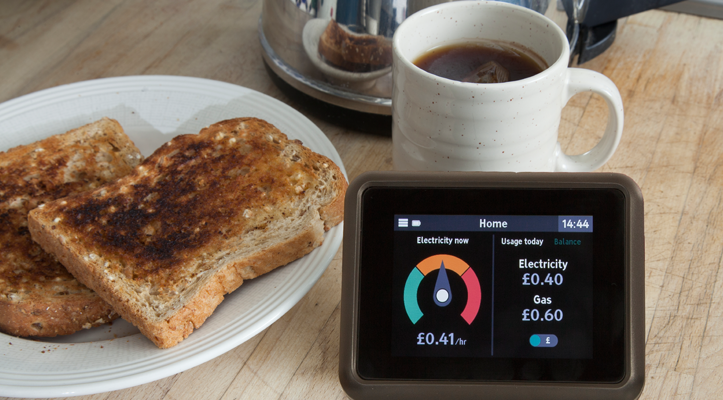

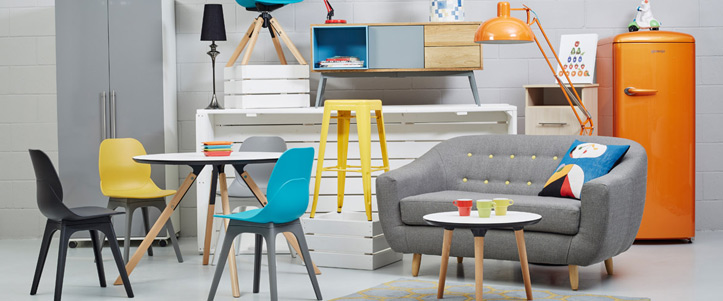


 The iInsure365 team
The iInsure365 team
